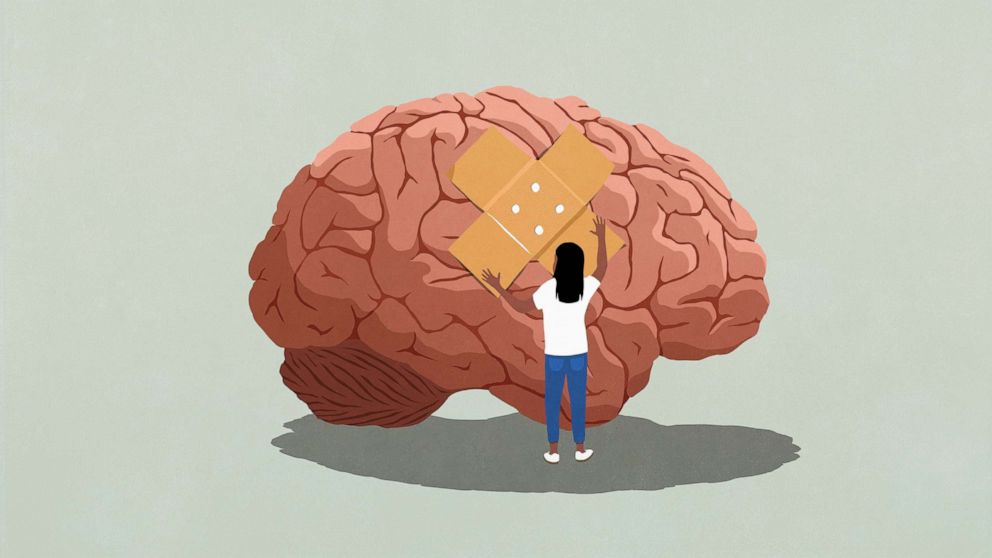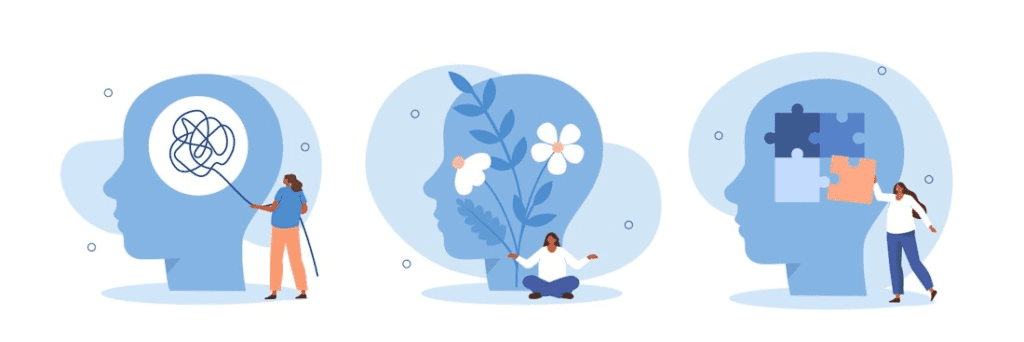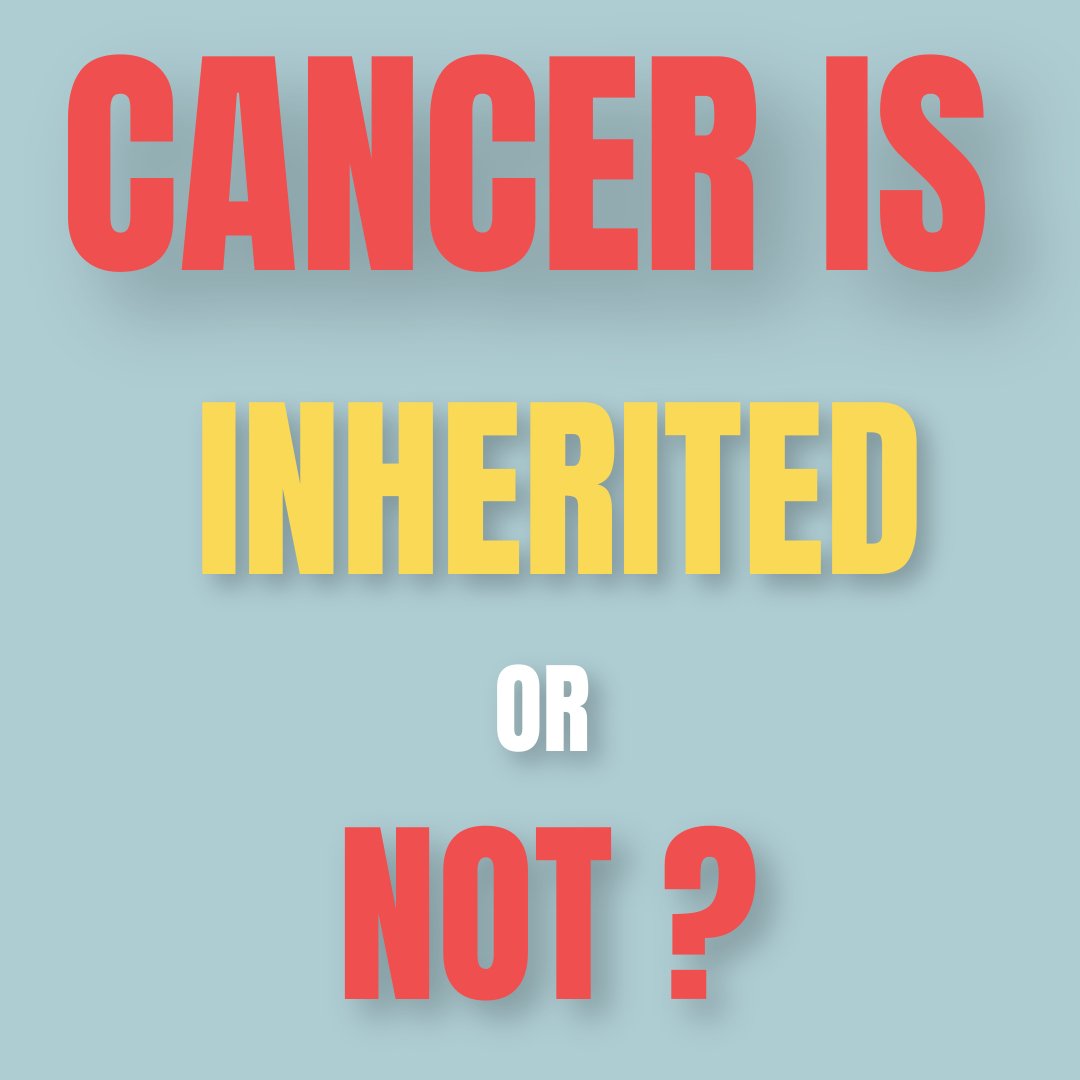Illuminating The Shadows: The Urgent Call For Mental Health Awareness


Mental health, once a taboo subject shrouded in stigma, has increasingly become a focal point of public discourse. The recognition of mental health as integral to overall well-being has spurred global efforts to destigmatize mental illness, promote mental health awareness, and ensure that individuals receive the support and care they need. However, despite significant strides, much work remains to be done to elevate mental health to the level of importance it deserves.


The Importance of Mental Health Awareness
Mental health encompasses emotional, psychological, and social well-being. It affects how we think, feel, and act, influencing our ability to handle stress, relate to others, and make decisions. Mental health issues can arise from a combination of biological factors, life experiences, and family history. Conditions such as depression, anxiety, bipolar disorder, and schizophrenia can profoundly impact an individual’s quality of life.
Important Facts and Statistics
To underscore the urgency of mental health awareness, consider the following facts:To underscore the urgency of mental health awareness, consider the following facts:


- Prevalence of Mental Illness: The world health organization WHO has noted that globally, over 300 million people are dealing with one form of mental illness or another. It brings to light the strong prevalence of mental disorders and the importance of putting into place effective interventions.
- Impact of Depression: Depression is one of the most common diseases affecting a large number of people throughout the world contributing to disability. According to data from the WHO, more than 280 million people experience depression, which hinders them from executing tasks in daily life.
- Suicide Rates: If treated many lives could have been saved, but suicide is often a result of mental illness that is left untreated. According to the WHO data, about 700000 people commit suicide every year, which evidently places the problem on the list of major public health concerns. According to the CDC of the United States, suicide is the 10th leading cause of death with more than 45000 deaths recorded each year.
- Economic Cost: The World Economic Forum reveals that mental health conditions have a way of contributing largely to the economic strain. It says that mental health disorders could reduce the world’s economy productivity costs up to $16 trillion annually come 2030.
Raising awareness about mental health serves several crucial purposes
- Decreasing Stigma: The stigma linked to mental illness is a major obstacle to seeking help. Through promoting open dialogue and providing education to the public, we can address misunderstandings and establish a safe space for individuals to seek support without worrying about being criticized.
- Early Intervention: Identifying early signs and symptoms of mental health disorders is crucial. Starting interventions promptly can prevent the disorder from worsening and greatly improve the chances of recovery.
- Encourage Treatment and Support: Highlighting the availability and effectiveness of treatments can motivate people to seek help.It’s also important to highlight the significance of support systems, whether they come from professional services or community and peer support groups.
- Promote Resilience and Coping Abilities: Educating individuals about mental health fosters resilience by imparting coping strategies, stress management methods, and the value of self-care. This proactive approach can assist people in maintaining good mental health.


Strategies for Raising Awareness
Effective mental health awareness campaigns employ various strategies to reach diverse audiences:
- Public Education Campaigns: Utilizing media, social platforms, and public events to disseminate information about mental health can reach a broad audience. These campaigns can include testimonials from individuals with lived experiences, which humanize mental health issues and provide hope.
- School-Based Programs: Integrating mental health education into school curricula can equip young people with the knowledge and skills to manage their mental health and support their peers. Schools can also provide a safe space for students to discuss their concerns.
- Workplace Initiatives: Employers can play a vital role by implementing mental health programs that promote a healthy work-life balance, reduce workplace stress, and offer resources for employees struggling with mental health issues.
- Community Outreach: Grassroots initiatives and local organizations can engage communities through workshops, support groups, and cultural events. Tailoring these efforts to reflect the unique needs and values of different communities can enhance their effectiveness.
- Policy Advocacy: Advocating for policies that ensure access to mental health care, protect the rights of those with mental illness, and provide funding for mental health research is essential for systemic change. Policymakers need to understand the importance of mental health in creating a healthy, productive society.
The Role of Technology
Technology has emerged as a powerful tool in mental health awareness and intervention. Mobile apps, online therapy platforms, and virtual support groups offer accessible options for those seeking help. Telehealth services have become increasingly vital, especially in rural or underserved areas. Social media campaigns can quickly spread messages of support and information, though they must be managed to avoid misinformation and ensure privacy.


Conclusion
Mental health awareness is more than just a campaign; it is a movement toward a society where mental health is prioritized as much as physical health. By continuing to break down barriers, educate the public, and advocate for supportive policies, we can create an environment where everyone has the opportunity to thrive. Mental health is a universal issue, and addressing it with compassion, understanding, and resources is essential for the well-being of individuals and communities worldwide.
Sources:
- World Health Organization. “Mental disorders.” WHO.
- World Health Organization. “Depression.” WHO.
- World Health Organization. “Suicide.” WHO.
- Centers for Disease Control and Prevention. “Suicide Data and Statistics.” CDC.
- World Economic Forum. “The Global Economic Burden of Non-communicable Diseases.” WEF.


I’m Aman Kumar Upadhyay, a full-time PGDM student and part-time content writer/blogger. I usually frame short fictional stories, but lately, I’ve been on a mission to make mythology fun and engaging. Previously, I was a Creative Writing Intern at Marpu Foundation, and now, I’m crafting content at GuruCool.life. In my free time? I wonder how to turn mythological snooze-fests into must-reads. I also love writing romantic fiction, short blogs, and heartfelt feelings. My goal is to make mythology so captivating that people stop scrolling and start digging. Plus, I love reviewing products and movies.







